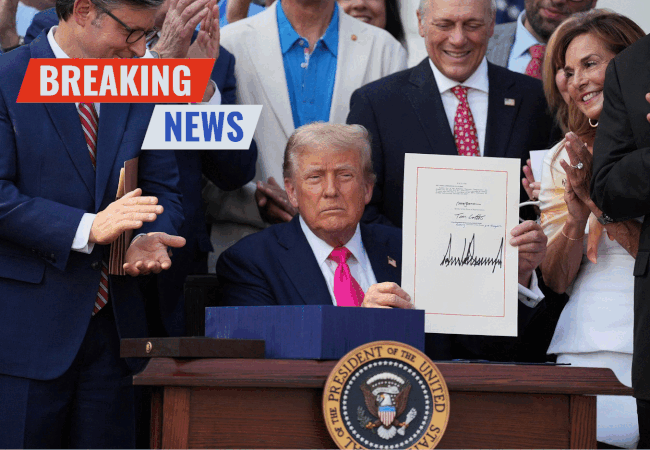Earlier this week, Defense Minister Shaul Mofaz has said Israel would not accept Iran's acquiring nuclear weapons under any circumstances. He stopped short of threatening a military strike against Iran - as Israel destroyed an unfinished Iraqi nuclear reactor in 1981 - but he said Israel was preparing for the possible failure of diplomatic negotiations with Iran.
Iran: Israel will be put in ‘eternal coma’ if it attacks nuclear sites
Were Israel to attack Iran’s nuclear facilities, Iran would respond so strongly that it would put the Jewish state into “an eternal coma” like Prime Minister Ariel Sharon’s, the Iranian defense minister said Wednesday.
Earlier this week, Defense Minister Shaul Mofaz has said Israel would not accept Iran’s acquiring nuclear weapons under any circumstances. He stopped short of threatening a military strike against Iran – as Israel destroyed an unfinished Iraqi nuclear reactor in 1981 – but he said Israel was preparing for the possible failure of diplomatic negotiations with Iran.
A newscaster on Iranian state television read out a response from Iran’s minister of defense, Gen. Mostafa Mohammad Najjar, on Wednesday.
“Zionists should know that if they do anything evil against Iran, the response of Iran’s armed forces will be so firm that it will send them into eternal coma, like Sharon,” Najjar said.
Sharon suffered a massive stroke on January 4 and has been in a coma ever since.
Najjar said the United States and Israel have been trying to frighten Iran, but neither country would dare attack to Iran.
Israel views Iran as its biggest threat and has joined the U.S. in accusing the Islamic republic of trying to produce a nuclear bomb.
Iran denies the allegation and says the sole aim of its nuclear program is to generate electricity.
Iran has been under increasing international pressure to halt its nuclear program. On January 10, Iran broke the seals of the United Nations nuclear agency at its main uranium enrichment plant and resumed small-scale enrichment – a process that can produce the fuel for nuclear reactors or the material for atomic bombs.
The step provoked strong protests in Europe, which has been negotiating with Iran, and the U.S. It also sparked moves to refer Iran’s nuclear file to the UN Security Council, which could impose sanctions on the country.
Israel has consistently refrained from confirming press reports that it has about 200 nuclear warheads deployed on ballistic missiles, aircraft and submarines.
UN Security Council members to meet Monday on Iran
Foreign ministers of the five permanent UN Security Council members and Germany will meet on Monday to seek consensus on Iran’s disputed atomic work before a meeting of the UN nuclear watchdog, a senior diplomat said.
He said Britain, China, France, Russia, the United States and Germany would strive to overcome differences before the 35-nation board of the International Atomic Energy Agency (IAEA) holds an emergency meeting on Iran in Vienna on Feb. 2.
The United States and its European allies want the IAEA to refer Iran to the Security Council for possible sanctions. Russia and China are urging caution, preferring something like an IAEA statement of concern about Iran without a referral now.
“There are still differences, certainly, and things are still in flux, but we are not too far apart. We need to agree on a common approach,” the senior diplomat said, asking not to be identified because of the delicacy of current consultations.
The New York Times reported from Vienna that IAEA officials had flown to Tehran on Tuesday where it said they would give Iran a last chance to cooperate fully with the agency’s demands on the country’s past nuclear activities.
It quoted agency officials as saying Olli Heinonen, deputy director general for safeguards, would press demands for access to a former military site in Tehran, information about Iran’s dealings with an international nuclear black market and information about possible work related to nuclear weapons.
Britain, France and Germany, negotiating with Iran on behalf of the European Union with U.S. support, broke off talks this month after Tehran removed IAEA seals on uranium enrichment equipment and announced it was resuming nuclear fuel research.
The West suspects Iran of seeking nuclear weapons under cover of a civilian atomic program. Tehran denies this.












